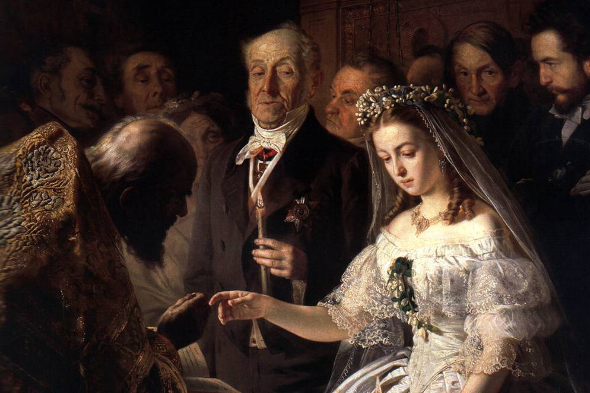read
-
INTACT in The Observer beauty column
Should you be using eyelash serum? Or would that be an example of shametenance? Eva Wiseman reflected on this dilemma in her beauty column on 23 April 2023. You can read the full article here.
I hadn’t realised eyelashes thinned as we aged. If I had, perhaps I’d have been focusing on them earlier as part of the relentless search for signs that time has passed or been lost, and with it, maybe power. In her book Intact: A Defence of the Unmodified Body, philosopher Clare Chambers talks about “shametenance”, all the things we do (like applying “natural makeup”) that maintain the idea that our unmodified bodies are shameful, and I wonder if this project counts. Remove the hair there, bleach the hair there, a dull domestic struggle. The seconds dragging serum across my lashes joins the minutes spent dying my roots, then the hours logged by all the women in my life, fighting quietly in the gym or bathroom or salon to get back to an I we recognise.
-
INTACT in The Times
I really enjoyed speaking with Sarah Ditum about the history and present of using botox for cosmetic use. You can read her long-form article, including citations from our interview, here. It was originally published in The Times magazine on Saturday 4th March 2023.
-
INTACT in NZ Herald

INTACT is featured in an article in the NZ Herald, the leading weekly magazine in New Zealand. It’s called “Face Value: Why it’s time we made peace with the way we look.” It was a real pleasure to talk to Angela Barnett for the piece, which you can read here.
-
INTACT in Filosofie Magazine
INTACT is featured in an article in the Dutch philosophy magazine Filosofie Nummer 11 2002. The article is by Femke van Hout, who interviewed me, and is called “Zichtbaar maar niet gezien”. You can read it here.
-
Intact in La Repubblica
“Il corpo è un campo di battaglia politico? Riflessioni di una filosofa”
You can read – in Italian – Mara Accettura’s interview with me in La Repubblica. Find the piece here.
-
INTACT recommended in Metro

“A beautifully written and thoughtful push back against all the people and powers that have made us, as a society, feel that our bodies need to be altered.”
Martha Alexander in Metro, 21 April 2022 -
INTACT at Epoché
Intact Bodies: The Ambivalence of The Natural and The Normal – John C. Brady in Conversation with Clare Chambers was published in the February 2022 issue of Epoché, the monthly magazine for the Philosophy diaspora. You can read the interview here.
Clare Chambers is a professor of political philosophy at the University of Cambridge. Her work deals with contemporary liberalism, social construction, feminism, and social justice. Her latest book, Intact (Allen Lane, 2022), is an analysis of the ways in which the body is a political site where the inequalities of sex, gender, race, disability, age, and class are reinforced. The book argues for the value of the ‘unmodified body’. The unmodified body is not an empirical concept, such a thing would be impossible in actuality (our bodies are undergoing constant revision and intervention). Rather, it is a political tool for resisting forms of coercion and oppression that would have us viewing our bodies as never good enough as they are, and thus requiring their modification, concealment, and conformance in myriad ways. However, the unmodified body cannot be viewed as a simple ‘body positivity’ any more than it can be asserted as an empirical concept. Rather, it is a new notion that cuts orthogonally across various ideals that we have previously held the body to: the natural, the normal, and the sovereign. Because of this orthogonality, these various ideals show themselves, under Chambers’ analysis, to have an ambivalent character. The book functions as both a political and cultural call to arms, and an astute analysis of how our bodies becomes ensnared in oppressive structures that inhibit the road to equality.
-
INTACT in i news
“The rise of ‘shametenance’, the exhausting things we do to hide our natural bodies because we feel inadequate. Why are we so ashamed of the way we look?”
A wonderful article on INTACT by Kasia Delgado of i news, which includes a charming photo of Arnold Schwarzenegger. You can read the article here.
-
The political power of your body – INTACT in iai news
We all feel pressure for our bodies to look a certain way: 70% of women say they feel pressure to have a perfect body, and two thirds of men feel ashamed of how they look. However, those pressures don’t affect everyone equally. The standards by which our bodies are judged reflect and reinforce other unjust societal hierarchies. Furthermore, the failure to adhere to society’s beauty standards is often interpreted as a deeper failure of character, encompassing our entire identity. By being aware of the sources of these pressures we can remind ourselves that the unmodified body is valuable just as it is, writes Clare Chambers.
Read the whole article here.
-
UK Parliament Select Committee inquiry into the Rights of Cohabiting Partners
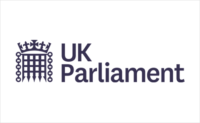
I submitted written evidence to the UK Parliament’s Women & Equalities Select Committee Inquiry into The Rights of Cohabiting Partners. You can read all the evidence submitted to the Committee here.
-
Against Marriage on the Counterintuitive Podcast
-
Women & Equalities Select Committee
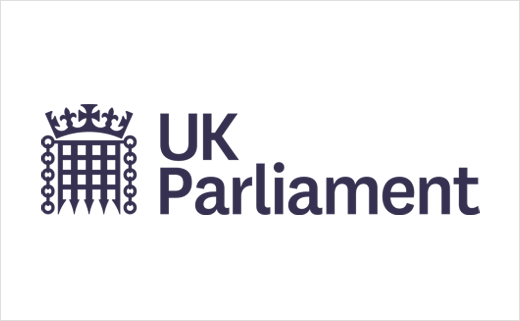
On 23rd September 2020 I gave evidence to the Women & Equalities Select Committee Inquiry “Changing the Perfect Picture: an Inquiry into Body Image” on behalf of the Nuffield Council on Bioethics. You can view a recording of the evidence session here, and read a transcript here.
My evidence to the Committee was quoted on the Talk Radio news bulletin that night and in a written article in Yahoo News.
-
Rethinking The Body discussed in BBC article
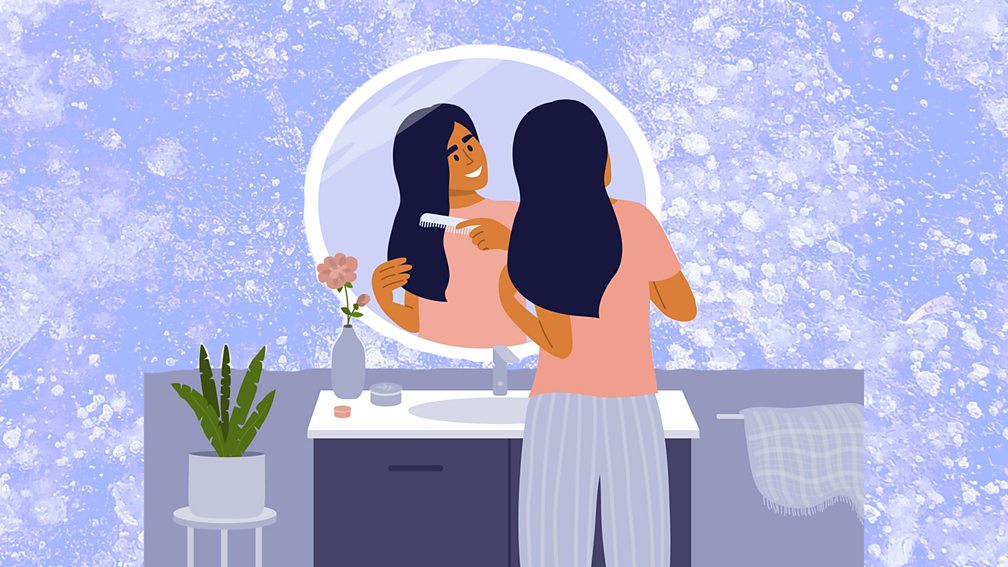
My essay on Rethinking The Body featured as a discussion article based on the BBC Radio 4 Woman’s Hour discussion. You can read the article here.
-
Review of Against Marriage in The Philosophical Review
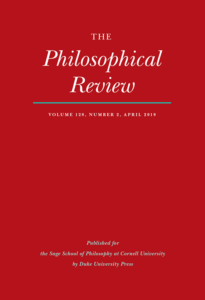
Laurie Shrage reviews Against Marriage.
“I agree with Chambers that state-recognized marriage retains patriarchal residues and is ultimately an inegalitarian and underinclusive way to regulate intimate partnerships and family units. I also believe that it is possible, in principle, to devise default directives for regulating different kinds of intimate relationships fairly and justly. However, the devil really is in the details here. Chambers has provided the moral and political justification, as well as a plausible mechanism, for a more egalitarian approach to family law and policy, and now it is incumbent on those who agree with her to develop the fair and just default rules that will take the place of state-recognized marriage.”
Read the whole review here.
-
“Clare Chambers, filósofa” in El País

The Spanish national daily newspaper El País featured an interview with me on 22 September 2019.
Filósofa. Es una feminista a la que le preocupa que las mujeres otorguen tanta importancia a su aspecto. Profesora en la Universidad de Cambridge, pone ahora el foco en la institución del matrimonio.
You can read the article here.
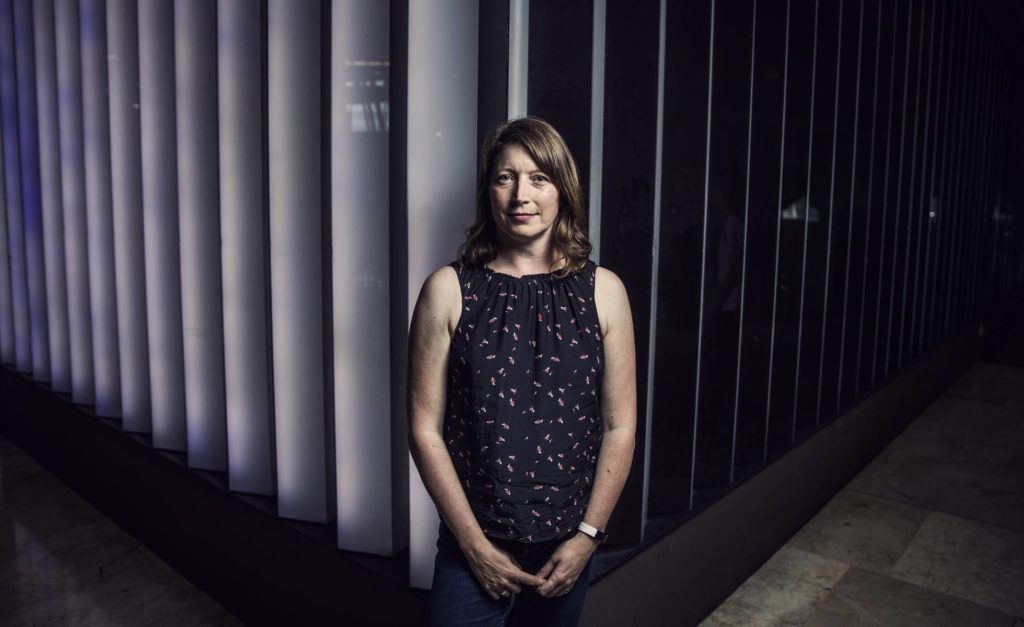
-
Marriage in the New Statesman

What’s in a name? As it turns out, rather a lot. I explore the significance of the name “marriage” and the difference between a marriage license and a marriage certificate in an article published in Agora, the New Statesman’s philosophy column, on 2 August 2019. You can read the article here.
-
Blending in and standing out: comfort and visibility in beauty practices
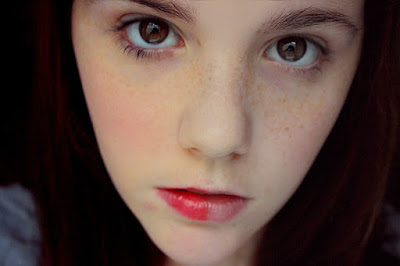 “My thought is this: a significant aspect of beauty practices is comfort and visibility. Comfort relates to discipline: discipline makes some actions and inactions seem comfortable and others effortful. Visibility relates to surveillance: some beauty practices make us seem visible or hyper-visible, others make us feel invisible. Sometimes beauty practices aim at making the practitioner visible: she wants her appearance to be noticeable. But beauty practices can also aim at invisibility: at making a person blend in rather than stand out. Both make up and its absence can have this effect, depending on the person and context involved.”
“My thought is this: a significant aspect of beauty practices is comfort and visibility. Comfort relates to discipline: discipline makes some actions and inactions seem comfortable and others effortful. Visibility relates to surveillance: some beauty practices make us seem visible or hyper-visible, others make us feel invisible. Sometimes beauty practices aim at making the practitioner visible: she wants her appearance to be noticeable. But beauty practices can also aim at invisibility: at making a person blend in rather than stand out. Both make up and its absence can have this effect, depending on the person and context involved.”This short piece is published on the Beauty Demands blog. You can read it here.
-
OUP Philosophy Festival reading list
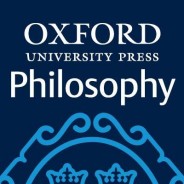 Two of my articles feature in the OUP Philosophy Festival 2017 reading list, making them available for free download.
Two of my articles feature in the OUP Philosophy Festival 2017 reading list, making them available for free download.You can find and read “The Marriage-Free State” and “Ideology and Normativity”, as well as many other excellent articles by other philosophers, here.
-
OUP Women in Philosophy reading list

Against Marriage features in the Oxford University Press Women in Philosophy reading list.
“This March, in recognition of Women’s History Month, the OUP Philosophy team will be celebrating Women in Philosophy. The philosophy discipline has long been perceived as male-dominated, so we want to recognize some of the incredible female philosophers from the past including Simone de Beauvoir, Mary Wollstonecraft, and Hannah Arendt, plus female philosophers doing great things in 2018 like Martha Nussbaum, Clare Chambers, and Kate Manne.”
You can see the whole reading list here.
-
Quoted on marriage in The Guardian
Rose Hackman quotes me in a long-form piece on marriage in The Guardian. You can read the whole article here.
” “Married men gained rights over women’s bodies, property and children,” confirms Clare Chambers, a lecturer in philosophy at the University of Cambridge who wrote a book arguing for an end to state-recognized marriage. “Traditionally [marriage] has maintained legal gender inequality, and it has done so to the benefit of men.”
“Chambers concedes that many formal inequalities tied to marriage have been denounced and revoked. Marital rape was outlawed in the UK in 1991 and in the US in 1993 – hard to believe there was ever an exemption – and same-sex marriage was legalized in 2014 and 2015 respectively.”
-
The American Conservative on Against Marriage
 They don’t like it. See here.
They don’t like it. See here.Note that the article does not always read the argument of the book accurately.
- Against Marriage, all posts on feminism, all posts on liberalism, all posts on marriage, media, read
Fabian Society on Against Marriage
 Andrew Harrop, General Secretary of the Fabian Society, reviewed Against Marriage in Fabian Review, May 2018. You can read the full review here.
Andrew Harrop, General Secretary of the Fabian Society, reviewed Against Marriage in Fabian Review, May 2018. You can read the full review here.“Marriage makes me uncomfortable, whether the reason is political, historical, cultural or aesthetic. No matter how many married couples I see living modern equal relationships, for me, the whole concept is tainted by its patriarchal past. But I say ‘for me’ with good reason, as I have dozens of friends and comrades who disagree. This is a fault-line issue that divides socialists and feminists amongst themselves. In Against Marriage, Clare Chambers makes the case for why egalitarians and liberals should reject marriage. It is political philosophy at its most practical and readable.”
-
Against Marriage on JHIB blog
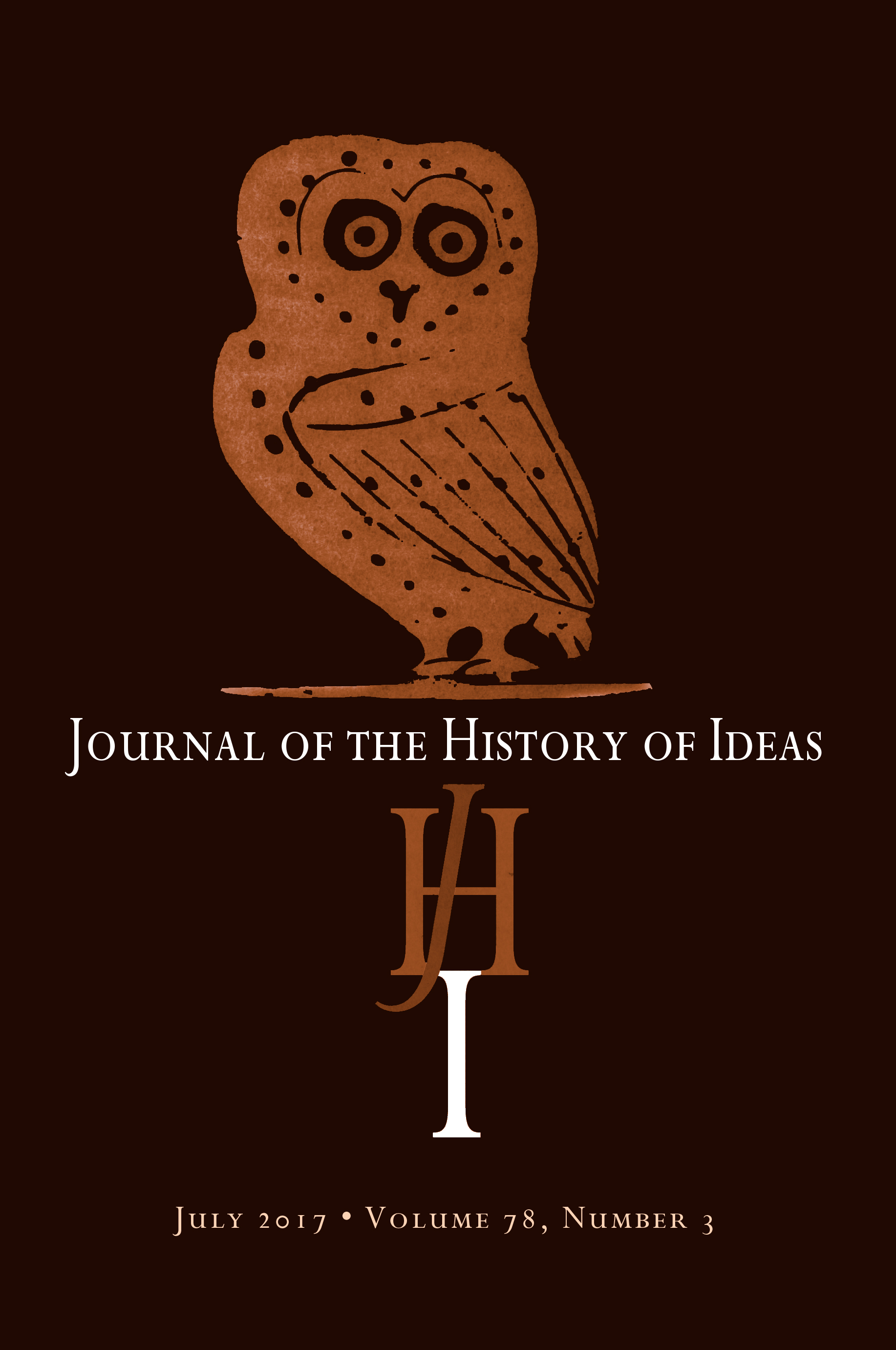 My Aeon article “Against Marriage” was recommended by the Journal for the History of Ideas Blog here.
My Aeon article “Against Marriage” was recommended by the Journal for the History of Ideas Blog here. -
Times of India on Against Marriage
 The Times of India featured my Aeon article “Against Marriage” on 22 April 2018. You can read the coverage here.
The Times of India featured my Aeon article “Against Marriage” on 22 April 2018. You can read the coverage here. -
Against Marriage at Aeon
 I have a 3,300 word essay on “Against Marriage” at Aeon magazine. You can read the article here.
I have a 3,300 word essay on “Against Marriage” at Aeon magazine. You can read the article here. -
Edinburgh Just World Institute blog
The University of Edinburgh Just World Institute blogged about my paper “Reasonable disagreement and the neutralist dilemma: Abortion and circumcision in Matthew Kramer’s Liberalism with Excellence”. You can read the blog here.
-
Ask Me Anything (AMA) on Reddit
 On 16 April I’ll be doing an AMA – Ask Me Anything! – for Reddit Philosophy. You can join in the fun at 12noon EST / 5pm GMT. Read the discussion here.
On 16 April I’ll be doing an AMA – Ask Me Anything! – for Reddit Philosophy. You can join in the fun at 12noon EST / 5pm GMT. Read the discussion here. -
Gli Stati Generali on the “Me Too” movement
 I was interviewed by Valentina Saini for her piece “È L’ALBA DI UN’INTERNAZIONALE FEMMINISTA?” on the Italian news site Gli Stati Generali. You can read the piece, in Italian, here.
I was interviewed by Valentina Saini for her piece “È L’ALBA DI UN’INTERNAZIONALE FEMMINISTA?” on the Italian news site Gli Stati Generali. You can read the piece, in Italian, here.For those who don’t speak Italian I don’t have a translation of the full article, but here are the answers I gave to Valentina Saini’s questions.
VS: In many countries and regions of the world, sexual harassment in the form of a “pat” on a woman’s “butt”, for example, is seen as something innocent and harmless, nothing one should be especially offended by – many women think so too. Why is that? Is women’s body still something that does not belong exclusively to them – culturally speaking?
A (CC): Women and girls are taught from an early age that one of their most important roles is to be attractive, pleasing, submissive and helpful to others. This education comes from many sources: gendered differences in early upbringing, acceptable social roles for men and women, media portrayals of women that focus on their looks, role-models and stereotypes. It is not surprising in this context of gender inequality that some women internalise the role given to them, and think of their bodies as primarily existing to be appraised and used by others. That doesn’t make it acceptable.
Q (VS): The Me Too hashtag arose in the US and rapidly spread in many other parts of the world, meaning that sexual abuse and sexual harassment are a global phenomenon. Is it possible that even in so-called developed countries, sexual harassment in the workplace is subtly interpreted as “the price” women may have to pay to enter a once male-only institution, that is, paid work?A (CC): Sexual abuse and sexual harassment certainly are global. Women know this and have known it for a very long time. Women do not enter the workplace on equal grounds to men. They are multiply disadvantaged by many forms of sexism: sexual harassment, the gender pay gap, the incompatibility of work and family life, stereotyping and discriminatory behaviour. Gender inequality of all forms needs to be dismantled, and the Me Too movement is one important part of the global movement of women and feminists against sexism. -
The Reading Lists
Want to know what books I like? You can read an interview with me by Phil Treagus of The Reading Lists blog here. His questions were fascinating to think about and very hard to answer!
-
Against Marriage on BMJ blog
 Richard Smith writes in the British Medical Journal (BMJ) blog that he is persuaded by the arguments of Against Marriage. You can read the full article here.
Richard Smith writes in the British Medical Journal (BMJ) blog that he is persuaded by the arguments of Against Marriage. You can read the full article here.“Chambers is against marriage on the grounds of equality and liberty. Women are not equal with men within marriage, and the state by attaching a bundle of rights and duties to marriage creates a hierarchy of relationships with marriage at the top, making unmarried couples and single people inferior. Much of the population, including my wife and I, thinks that “common law wives” have similar rights to married women, but in fact they have none. By bundling rights and duties together, marriage (and civil partnerships) restrict autonomy; if they weren’t bundled people might choose different combinations of rights and duties.
“There is a need, Chambers accepted, for the law to regulate relationships, particularly to protect the vulnerable, but neither marriage nor civil partnership, which all the speakers criticised as being “one size fits all,” need to be that mechanism. She pointed out that parenthood might be a better basis for regulation than marriage, not least because parent-child relationships are more durable than couple relationships. Tatchell advocates a model whereby people would select “any significant other” (perhaps a best friend, sibling, or lover) and then choose among a menu of rights and duties. Such an arrangement would lead to greater equality and autonomy. All three speakers agreed that something along those lines would be better than either marriage or civil partnerships.
“And at dinner afterwards, my wife and I, despite being married for 40 years, agreed.”







